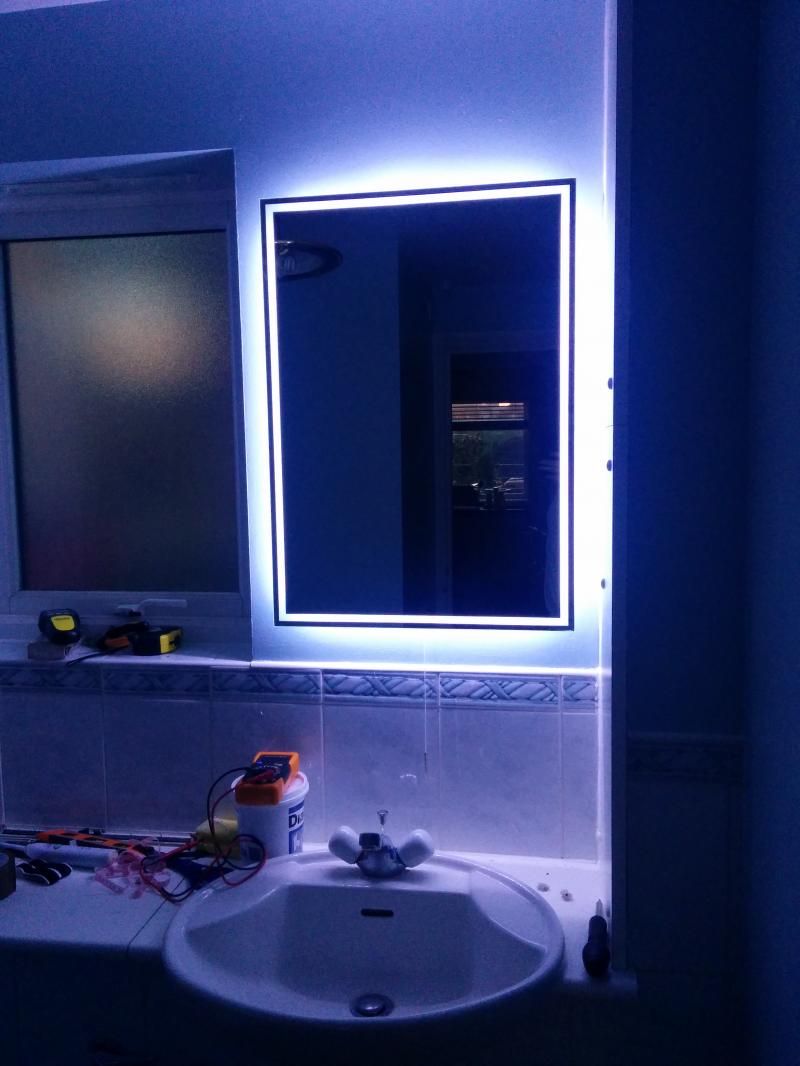I've just completed installing a new LED/Mist Free bathroom mirror.
Previously there was a mirror with light and shaver socket so I've not had to run any new wiring. However, I did have to connect the old (1mm 2-Core + Earth) wires to the black (transformer?) box in the new mirror. I've read in my DIY book that work like this should be check by an electrician afterwards? What would an electrician do here? Is it necessary? Can I do any checks myself or should I really just get a sparky in?
Any advice appreciated.
Previously there was a mirror with light and shaver socket so I've not had to run any new wiring. However, I did have to connect the old (1mm 2-Core + Earth) wires to the black (transformer?) box in the new mirror. I've read in my DIY book that work like this should be check by an electrician afterwards? What would an electrician do here? Is it necessary? Can I do any checks myself or should I really just get a sparky in?
Any advice appreciated.


